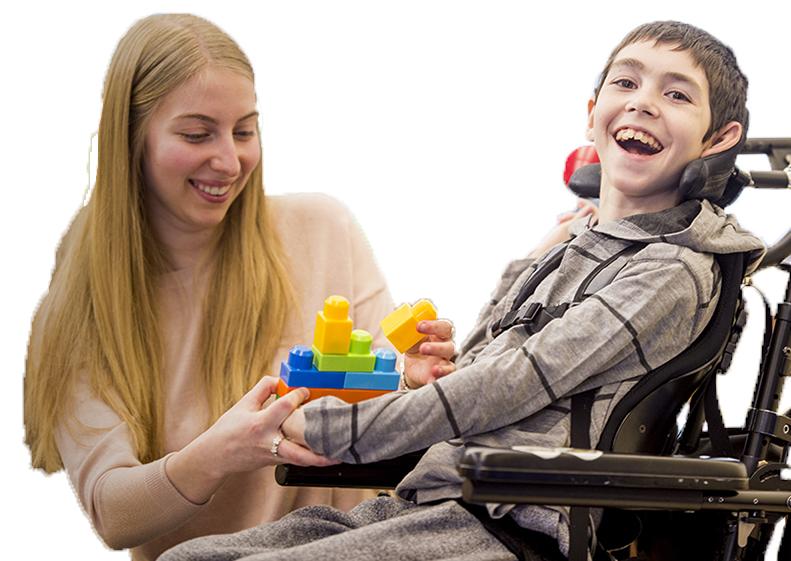Resources Directory
Search below to find a hospital, doctor, therapy, and more

Missouri Office of Special Education – Effective Practices
Department of Elementary and Secondary Education
Stephen Barr – Assistant Commissioner
"Missouri Transition – The Missouri Transition website is a one-stop for transition-related activities, networking, training and resources as well as a calendar of activities in Missouri. On www.missouritransition.org you will find the link to the Missouri Community of Practice where you can network with others throughout the state. Create an account to get started on the Missouri Community of Practice! Division of Vocational Rehabilitation – VR specializes in employment and training services that can assist you in becoming employed. Rehabilitation Services for the Blind (RSB) provides services to people with varying degrees of visual impairment, ranging from those who cannot read regular print to those who are totally blind. Transition Coalition
The Transition Coalition provides free online training modules created specifically for Missouri. These modules include Missouri information, resources, forms and policies. There are also numerous practitioner-friendly resources and materials available. The Transition Coalition is a contractor with DESE to provide online and face-to-face training and professional development opportunities for Missouri secondary special educators.
RPDC Transition Consultants – Each of the nine regions of Missouri has a Regional Professional Development Center (RPDC) Consultant who specializes in transition. These consultants provide regional and local trainings on Transition Planning and the Updated Form C, Transition Assessment, and other transition topics. They also provide a range of other consulting and continuous improvement services to meet the needs of teachers, administrators and school districts.
Missouri Transition Liaisons – The Missouri Transition Liaison program was developed in 2007-2008 to identify secondary transition professionals from across Missouri who are leaders in the area of transition. The Liaison Program is designed to build capacity through increased communication and collaboration. Missouri Transition Liaisons provide input into statewide guidance documents, review professional development trainings and resources, collaborate with other liaisons, RPDC Consultants, the Transition Coalition and DESE, and disseminate information at the district level to develop a collaborative group of colleagues. For more information, please contact Barb Gilpin at the DESE at Barb.Gilpin@dese.mo.gov or Pattie Noonan at pnoonan@ku.edu.
Missouri Interagency Transition Team (MITT) – The Missouri Interagency Transition Team (MITT) was formed in 2007 to promote interagency collaboration in Missouri at the state-level by establishing a group vision for improving outcomes for young adults with disabilities. The MITT, consisting of diverse state-level membership (see membership table), meets monthly to share resources, develop goals and promote concrete activities to improved transition education and services.
Community Transition Teams (CTTs) – CTTs are being developed and supported in Missouri to elevate community awareness of and commitment to the improvement of post-secondary outcomes of youth with disabilities. In 2008-2009 8 CTTs were trained on transition planning, services and effective practices as well as implementing a strategic plan for transition in their respective communities. In 2010-2011 8 additional CTTs were added.
Ongoing technical assistance is provided to support the CTTs in their development, training and in meeting the goals of their strategic plans. Opportunities to develop CTTs in your community will be announced on the Missouri Community of Practice at Missouritransition.org.
Transition Outcomes Project (TOP) – Dr. Ed O’Leary has created the TOP approach to assisting districts throughout the country to meet the IDEA and Indicator 13 transition requirements. DESE has brought Dr. O’Leary and the TOP model to Missouri and about 50 districts have participated in this process including: training, reviewing IEPs, and analyzing district data generated from the IEP review. Finally, each district receives technical support and assistance in addressing needs related to meeting the transition requirements of IDEA.
Dropout Prevention – The Dropout Prevention section of the Department of Elementary and Secondary Education's Web site is devoted to providing information and resources toward reducing Missouri's dropout rate and making a positive difference through education and service.
Project SEARCH – Project SEARCH is dedicated to providing education and training to young adults with intellectual and developmental disabilities through an innovative workforce and career development model that benefits the individual,workplace and community. Project SEARCH's primary objective is to secure competitive employment for people with disabilities.
Project SEARCH Barnes-Jewish St. Peters Hospital Presentation
Missouri is currently accepting competitive proposals from districts or cohorts of districts to replicate the Project SEARCH High School Transition Program. This competitive process is being issued to provide training and work experience opportunities for students with significant intellectual/developmental disabilities that will lead to and enhance successful competitive employment outcomes in the implementation of Project SEARCH."
Mailing Address:
Office of Special Education
Department of Elementary and Secondary Education
PO Box 480
Jefferson City, MO 65102-0480
